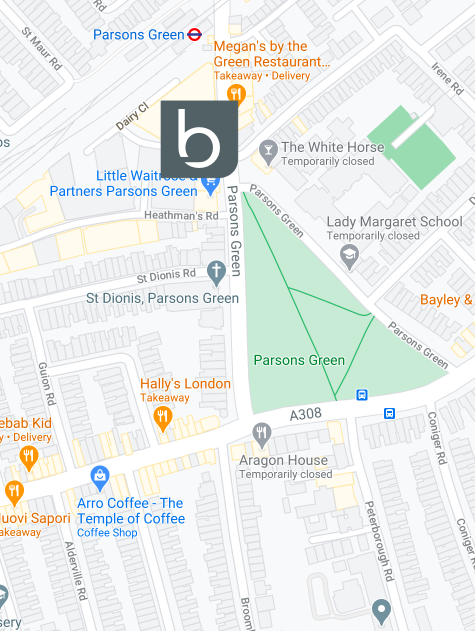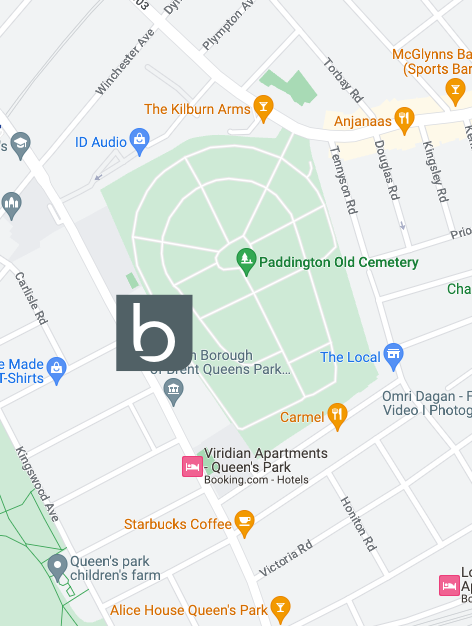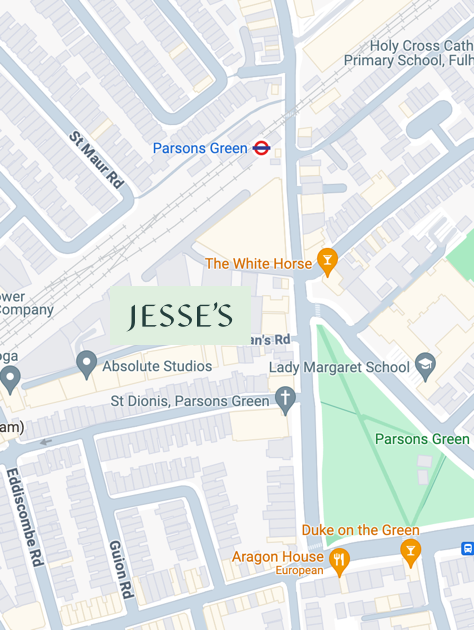
Close
Enquiry
Please see contact information below or complete the form and we will get in touch with you.

Parsons Green
3rd Floor Brigade House
8 Parsons Green
London
SW6 4TN

Queen's Park
2nd Floor
105-109 Salusbury Road
London
NW6 6RG

Jesse's House
8-10 Heathmans Road
Parsons Green
London
SW6 4TJ
Sudoku vs Sprints – Exercise… for the brain?

We all know that exercise benefits your heart, lungs and muscles. What many of us aren’t aware of is that exercise has been linked to improvements in cognitive function, memory and learning, productivity, creativity, emotional resilience and improved mood.
By considering what is happening in the brain when we exercise, as well as where it is happening and when, we can begin to understand how exercise might positively affect brain function.
The What
Neurons are the basic working cells of the brain and nervous system. They transmit information to the muscles, glands and other cells of the body. Neuroscientists previously thought our brains only had a set amount of neurons and new neurons were not generated in adulthood. More recent studies however have shown this is not true and new neurons are in fact produced throughout our lives. So far there is only one known trigger for this – vigorous aerobic exercise! During exercise, muscles release a protein called Cathepsin B which travels to the brain and triggers neuron growth.1
The Where
These ‘new’ neurons primarily appear in the hippocampus. The hippocampus is the region of the brain primarily associated with learning and memory. In addition to this, blood flow is shown to increase in the frontal lobe during exercise.2 This is the region of the brain associated with planning ahead, concentration, goal setting and time management. The frontal lobe is also related to emotional regulation and one study demonstrated that going for a run before watching a sad film clip allowed the participants to recover from the emotional hit of the content faster than those who did not run beforehand.3
The When
Many studies link activity levels in youth with reduced cognitive impairment and degeneration later in life; while the above benefits of improving productivity and focus may also attribute to the positive effects of exercise on academic performance and behaviour.4 That being said it is never too late to increase your physical activity! Older adults (55-74) who had stronger cardio fitness also performed better on memory tests; and the fitter they were, the more active their brain was during learning.5 Quality of life is also improved with active older people reporting improved mood and reduced depression, anxiety, confusion, anger and tension.6
Our Take Home Message
This is all potentially important information for neurodegenerative conditions such as Alzheimers, Parkinson’s and Motor Neurone Disease given these conditions are related to the breakdown and degeneration of nerve cells.
Young or old at Beyond Health, we believe exercise is medicine! As the days stretch out and the temperatures rise, what better time to embrace the outdoors and instil good habits. Get your kids active, get your parents and grandparents active and of course, get yourselves active! It is never too late to start an exercise programme and start reaping not only the physical but the mental and emotional benefits too.

